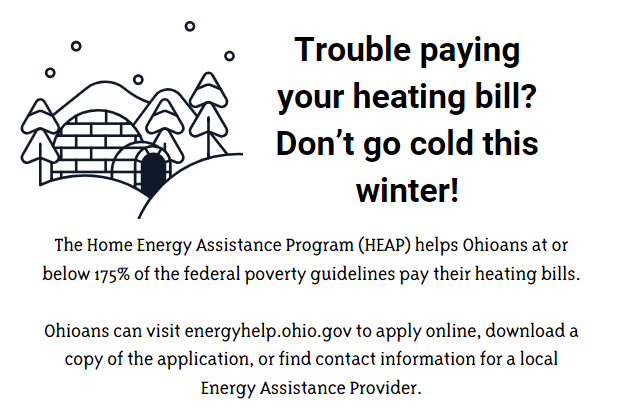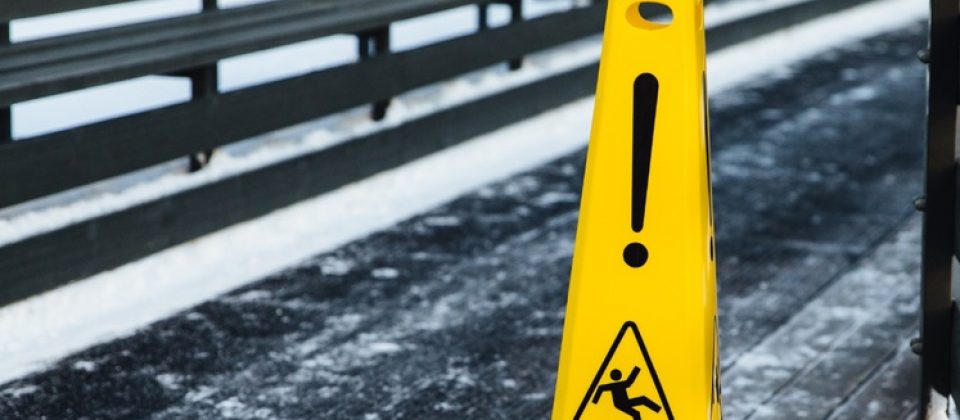
Winter Safety – Preventing Falls On Outings
Nearly everyone falls now and then, and some falls are unavoidable. But falling is not an inevitable consequence of aging. Most age-related falls are preventable once you know why they happen and take steps to minimize the risk for yourself and the person in your care whose age or health makes them especially vulnerable.
Dehydration can be a very common cause of falls in older adults. It can often cause dizziness and a drop in blood pressure, which can increase the risk of falling over.
According to the Centers for Disease Control and Prevention, even though one-third of adults age 65 and older experience a fall each year, fewer than half of these individuals tell their physician about it. It is essential to notify the doctor about the event. The doctor can make sure that an invisible injury did not cause or result from the fall. Have your doctor review all your medications, both prescription and over-the-counter, for their ability to cause dizziness or drowsiness. Wherever possible, eliminate or lower the dose of those that are potentially troublesome.
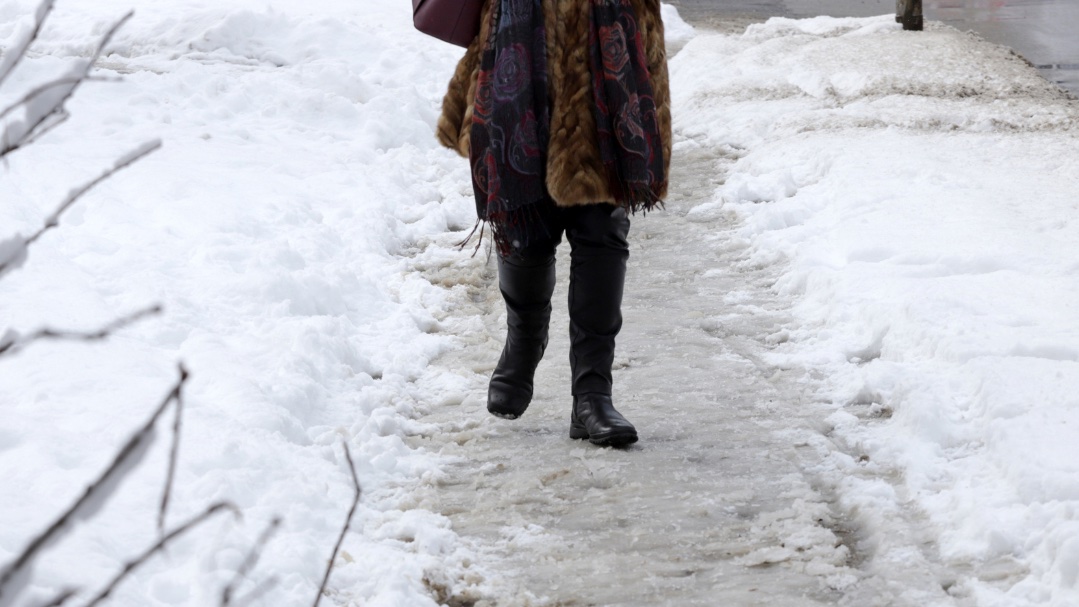
Fall Prevention Measures
- Staying in when it is rainy or icy outside.
- Wearing good foot support when walking. New shoes are slippery and crepe-soled shoes can cause the toe to catch.
- Having foot pain problems corrected and keeping toenails trimmed and feet healthy for good balance.
- As needed, use a walker or cane for added stability.
- Consider wearing hip protectors for added protection should you fall.
- Stop at curbs and check the height before stepping up or down. Be cautious at curbs that have been cut away to allow access for bikes or wheelchairs. The incline may lead to a fall. Avoid gravel paths.
- Use a shoulder bag or fanny pack to leave your hands free to use hand rails as you go up and down steps and on escalators.
- Grip strength is a good indicator of health as we age. If you can hold onto something with a strong grip, that may break your fall and avoid injury.
- Having regular vision screening check-ups for eyeglasses.
- Using separate reading glasses and other regular glasses if bifocals make it difficult to see the floor.
- Look carefully at floor surfaces in public buildings. Many floors are polished marble or tile that can be very slippery.
- Consider wearing hip protectors for added protection should you fall.
- Water therapy is a safe way for a person with a disability and the elderly to exercise because there is no danger of falling.
Fear of Falling
Balance can be affected in a person with a disability, such as stroke, and consequently many elderly people fear falling. Certain eye and ear disorders may increase the risk of falls. If the person in your care has balance problems, dizziness, or a spinning sensation, a physical therapy referral from the doctor may help.
To reduce fear of falling, therapists often have people practice getting up from a lying position. This increases confidence that they can get up if they fall. Any amount of exercise helps reduce the risk of falls. A fall may occur because a person’s reflexes have changed. As people age, reflexes slow down. Additionally, drinking alcoholic beverages also increases the risk of falling. Alcohol slows reflexes and response time; causes dizziness, sleepiness, or lightheadedness; alters balance; and encourages risky behaviors that can lead to falls.
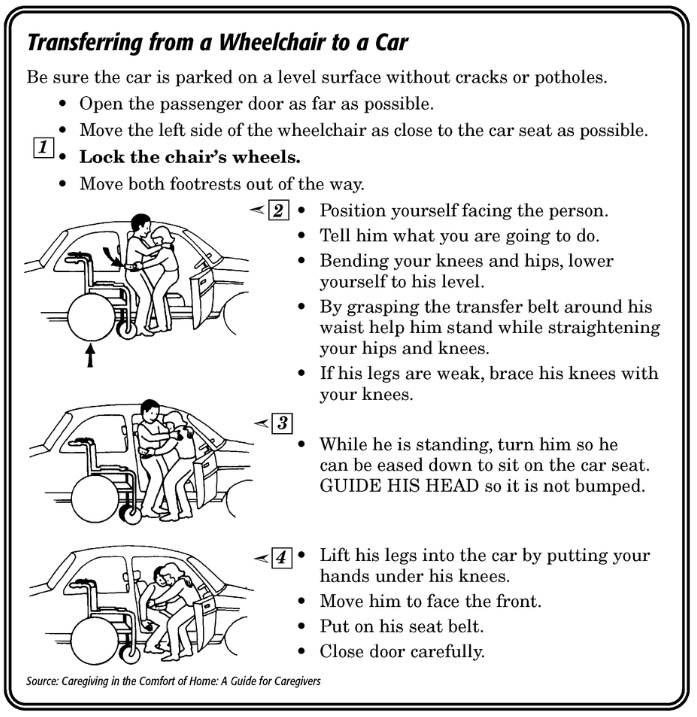
Taking Care of Yourself- Quick Tips for Winter Driving
- Listen for National Weather Service radio or television travel advisories.
- Do not travel in low visibility conditions.
- Avoid traveling on ice-covered roads, overpasses, and bridges if at all possible.
- If you must travel by car, use snow tires or chains.
- Let someone know your destination and when you expect to arrive. Ask them to notify authorities if you are late.
- Check and re-stock the winter emergency supplies in your car before you leave.
- Never pour water on your windshield to remove ice or snow; it may shatter.
- Take extra warm clothes, blanket, water and mobile phone in case the car breaks down.
Memory Care – Well Being
Even if no fracture occurs, a fall can result in irreversible harm to an elderly person’s health, social interactions and psychological well-being.
When older people fall they fear falling again, causing them to limit their activities and cause further physical decline, depression and social isolation, which in turn can hasten death.
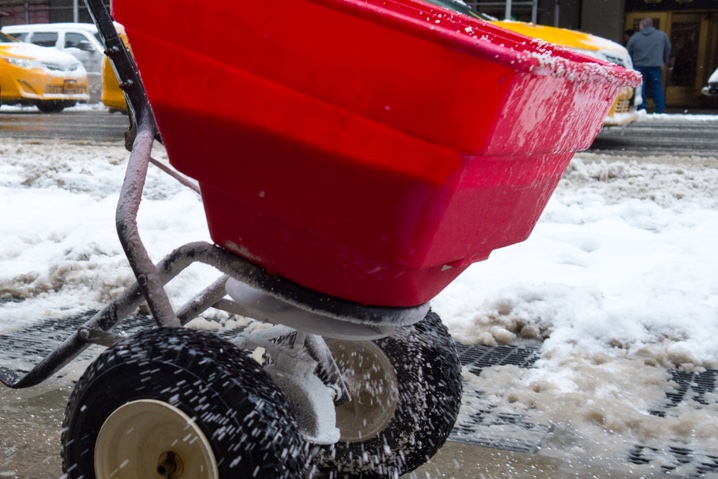
Safety Tips – Outdoor Areas
Safe outdoor areas are important, especially for those who are elderly and are mobile. Safety features:
- Footwear with good tread appropriate for the weather and surface conditions.
- Ramps for access on ground that is not level or even.
- A deck with a sturdy railing.
- Alarmed or locked outside doors for Alzheimer’s care.
- Enough light to see walkway hazards at night.
- Nonslip step surfaces in good repair.
- Stair handrails tightly fastened to their fittings.
- Put salt or kitty litter on icy sidewalks.
- Cover porch steps with a gritty, weather-proof paint and step edges marked with reflective paint.
- If sidewalks look slippery, walk in the grass for better traction.
